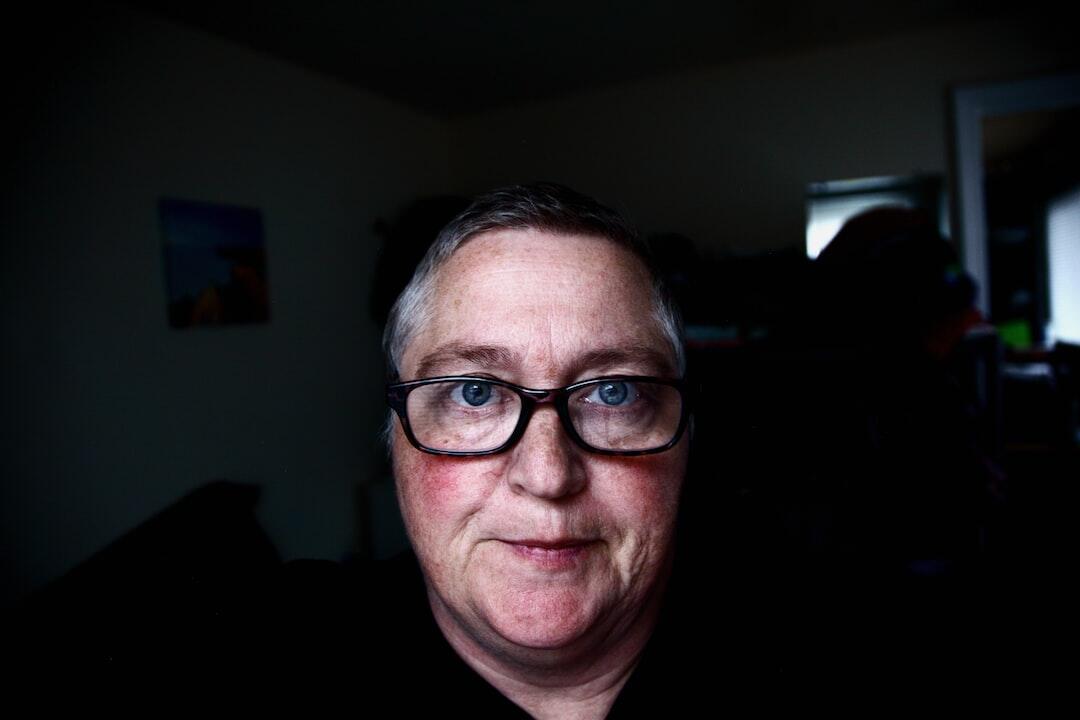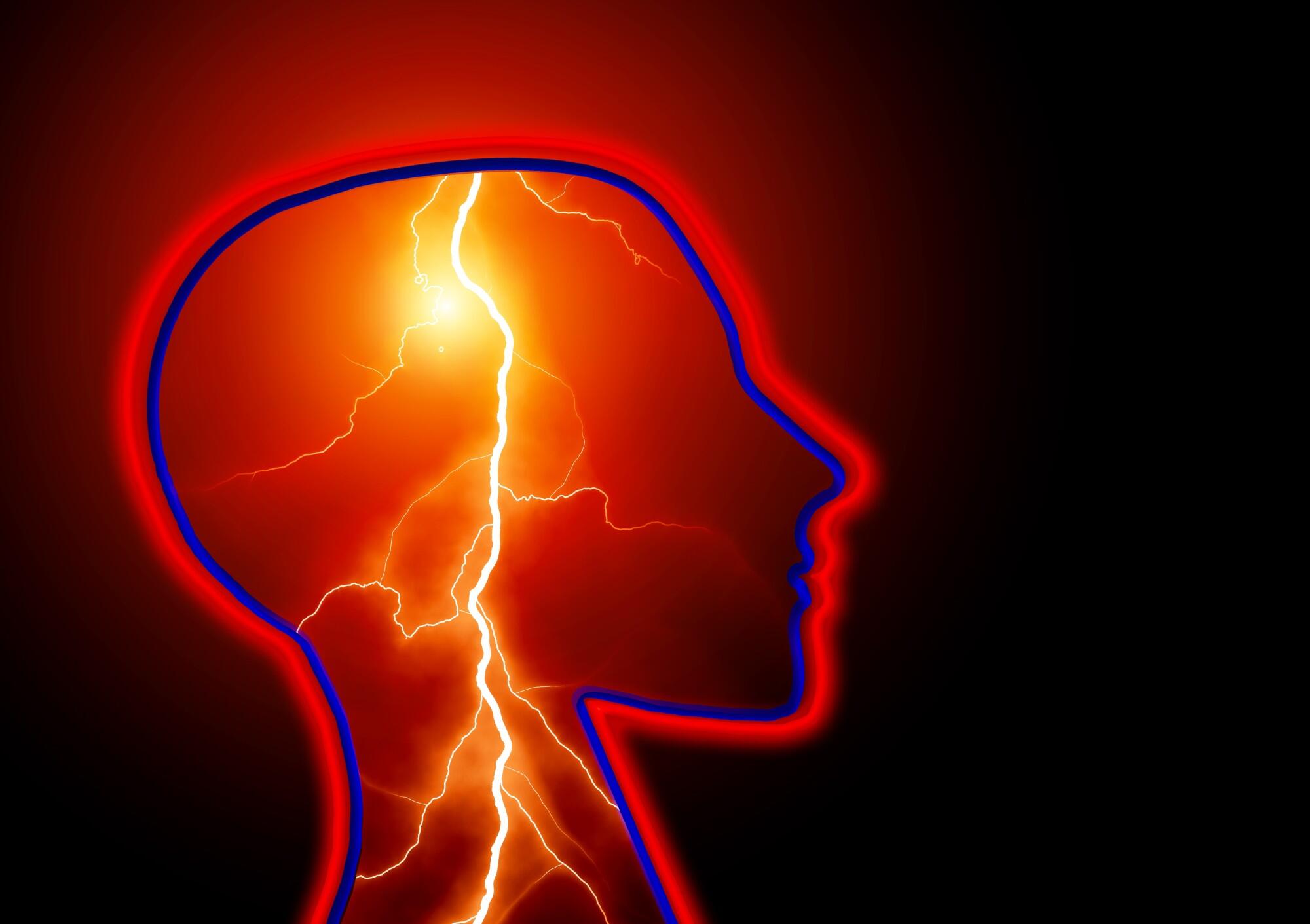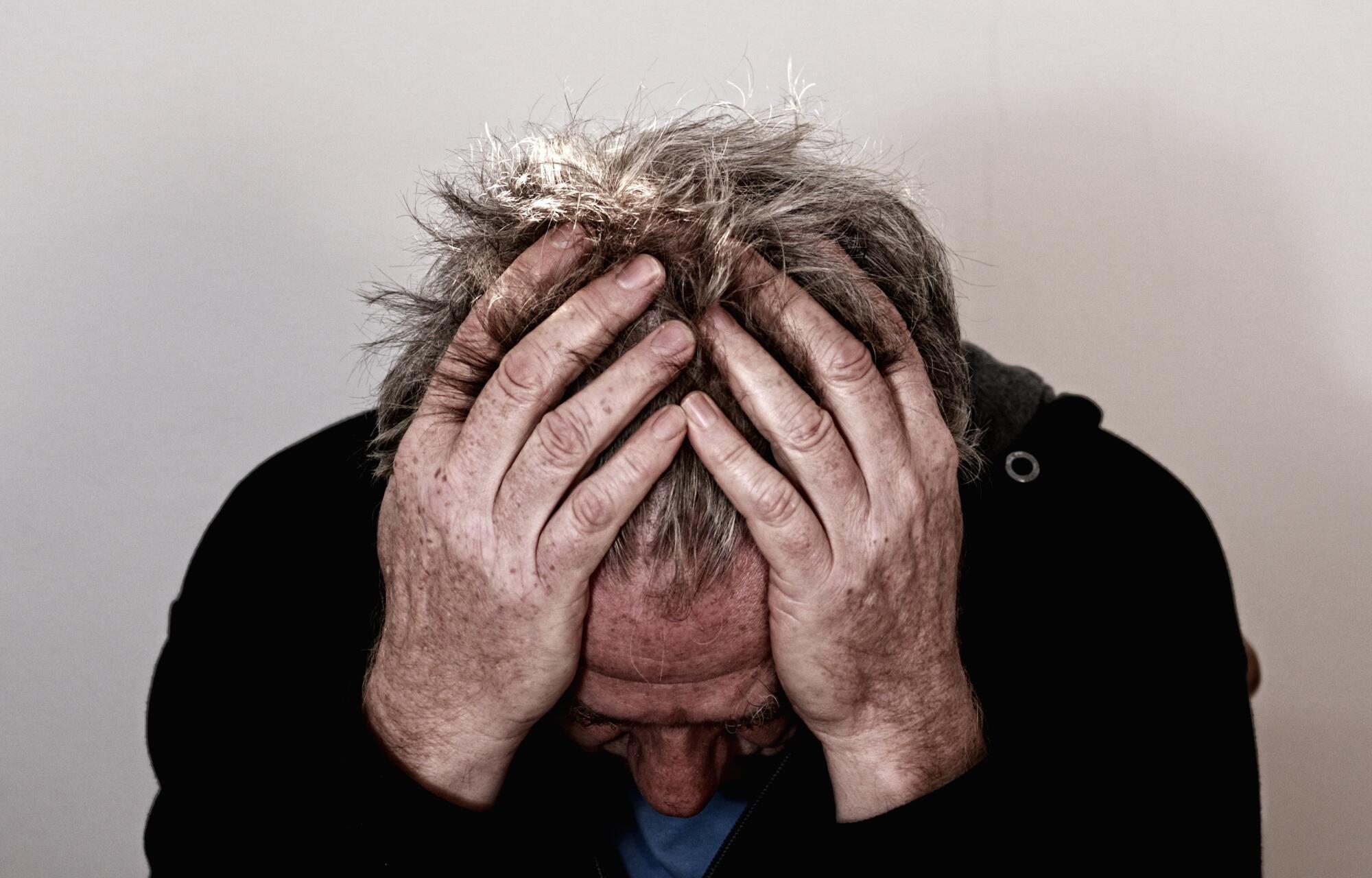
Hypertension Complications: Can High Blood Pressure Trigger Seizures?

With nearly half of adults battling hypertension (high blood pressure) – 48.1% – it’s no wonder many of us worry about the potential consequences. Headaches, fatigue, and even heart problems are well-known risks. But can high blood pressure cause seizures?
This article explores the connection between these two conditions. We’ll examine the science behind the link and offer insights into managing blood pressure for overall health.
The Dangers of High Blood Pressure
High blood pressure, or hypertension, is a common medical condition. It occurs when the force of blood against the walls of your arteries is too high consistently.
If left unmanaged, chronic elevation can lead to serious health complications. Understanding your blood pressure readings is crucial.
It consists of systolic (top number) and diastolic (bottom number) pressure. Systolic pressure measures the force when your heart beats, while diastolic assesses the pressure in between beats.
What Causes High Blood Pressure?
High blood pressure, or hypertension, can be triggered by a combination of factors. One common cause is unhealthy lifestyle habits like poor diet choices and lack of physical activity. Consuming high amounts of salt, processed foods, and alcohol can contribute to elevated blood pressure levels.
Genetics also plays a role in hypertension. If you have a family history of high blood pressure, you may be at a higher risk for developing the condition yourself. Aging is another factor that can lead to high blood pressure over time.
Certain medical conditions, such as kidney disease, thyroid disorders, and sleep apnea, can also contribute to hypertension. Stress and anxiety are known to raise blood pressure levels as well temporarily.
Symptoms
High blood pressure is often called a silent killer because it typically doesn’t exhibit noticeable symptoms. However, in some cases, individuals with high blood pressure may experience some symptoms.
These can include the following:
- Shortness of breath
- Headaches
- Dizziness
- Nosebleeds
- Blurred vision
- Chest pain
- Anxiety
However, these symptoms are not specific to high blood pressure alone.
It’s important to note that these symptoms are not definitive indicators of high blood pressure. The best way to accurately diagnose hypertension is through regular blood pressure screenings conducted by healthcare professionals. Monitoring your blood pressure regularly can help detect any abnormalities early on and prevent potential complications associated with untreated high blood pressure.
Can High Blood Pressure Cause Seizures?
High blood pressure can have serious implications beyond heart health. Recent studies suggest a potential link between high blood pressure and seizures, which are caused by sudden bursts of electrical activity in the brain.
Older adults are 2.5 times more likely to develop epilepsy if they have high blood pressure. There are many theories about the connection here. However, more research is still needed.
One theory examines the damage caused by hypertension. When blood pressure is consistently high, it can damage the small blood vessels in the brain over time.
This vascular damage may disrupt normal brain function and potentially trigger seizure activity. Additionally, hypertension can lead to conditions like stroke or hemorrhage, which further increase the risk of seizures.
Addressing High Blood Pressure
Unfortunately, according to the World Health Organization (WHO), only 42% of people with high blood pressure are diagnosed and treated. Taming high blood pressure is critical to staying healthy. Here are some ways to take control.
Diet
A balanced and healthy diet is crucial in keeping your blood pressure in check.
Foods rich in potassium, such as bananas, leafy greens, and sweet potatoes, can help regulate blood pressure levels. Additionally, reducing sodium intake by avoiding processed foods and limiting salt usage can positively impact hypertension.
Including fiber-rich foods, such as whole grains, fruits, and vegetables, can contribute to better heart health. Omega-3 fatty acids found in fish like salmon and mackerel are also beneficial for lowering blood pressure.
Opting for lean proteins such as chicken or tofu over red meat can help maintain a healthy weight, essential for managing hypertension. Staying hydrated by drinking plenty of water throughout the day is key to supporting overall cardiovascular health.
Exercise
Physical activity helps strengthen the heart, improve circulation, and lower blood pressure levels. Activities like brisk walking, swimming, cycling, or even dancing can all contribute to better cardiovascular health.
Consistency is vital to incorporating exercise into your routine. Aim for at least 30 minutes of moderate-intensity exercise most days of the week. However, it is essential to listen to your body and consult with your healthcare provider before starting any new fitness regimen.
Reducing Stress
Chronic stress can elevate blood pressure levels, increasing the risk of various health complications, including seizures. Finding ways to unwind and relax is essential to maintaining a healthy balance.
Engaging in activities like yoga, meditation, or deep breathing exercises can help calm the mind and body, lowering stress levels naturally. Setting aside time for hobbies you enjoy or spending quality time with loved ones can also effectively reduce daily tension.
Prioritizing self-care is key. Make sure to get enough sleep, eat well-balanced meals, and exercise regularly. Physical activity helps reduce stress and contributes to overall cardiovascular health.
Medication
Medication can play a crucial role in managing hypertension. There are various types of medications available that your healthcare provider may prescribe based on the severity.
Common medications include diuretics, beta-blockers, ACE inhibitors, calcium channel blockers, and angiotensin II receptor blockers. Each type works differently to help lower blood pressure by either reducing the volume of blood circulating or relaxing and widening blood vessels.
It’s essential to take your prescribed medication as directed by your doctor and attend follow-up appointments to monitor its effectiveness. Keep track of potential side effects and promptly discuss them with your healthcare provider.
Find the Medication You Need at Kiwi Drug
Can high blood pressure cause seizures? While there does seem to be a link between the two, more research is needed into why hypertension may cause seizures.
Controlling your blood pressure can help reduce the risk. Are you struggling to afford your medication?
Kiwi Drug is here to help. You can find the meds you need at a reduced price when you order from us. Start saving by shopping with us.
Related Posts

